
PROJECT OUTLINE
POSTHUMAN
The POSTHUMAN project aims at exploring the ways in which posthumanist literary imagination contributes to a critical awareness of the limits of traditional anthropocentric and humanistic assumptions, thus radically challenging boundaries between the human and the non-human, the self and the other, the organic and the technological. By providing a post-dualistic and a non-hierarchical standpoint to reflect upon issues such as subjectivity, otherness, and ethics, such a multi-layered posthumanist approach offers a re-thinking of far-reaching debates on the future of humanism. Conducting case-study analyses of paradigmatic literary works (namely: J. M. Coetzee, W. Szymborska, F. Ponge, A. F. Alexandre, M. G. Llansol, J. de Sena), the present project significantly departs from previous scholarship, in that it values literature’s seminality in these debates and hopes to reflect upon alternative and emergent scenarios of the human, the nonhuman, or the posthuman.
Research thematic lines:
- Critical Posthumanisms: Theoretical Perspectives on the Posthuman, Nonhuman or More-than-Human: R. G. Soeiro, Catarina Almeida, Marinela Freitas, Raluca Balan, Lígia Bernardino, J. Oliveira Duarte).
- Nonhuman Agency and the Politics of Things: the Sachtexte of Robert Walser; the voice of things in Francis Ponge’s poetry; inanimate objects (dolls, puppets, and toys) in Kleist, Rilke, Baudelaire, and Kafka (RG Soeiro, Guilherme Valente).
- Hybrid Subjectivities and Entangled Fictions in the Posthuman Age: Jorge de Sena, Maria Gabriela Llansol, and Gonçalo M. Tavares (R. G. Soeiro, Lígia Bernardino, J. Oliveira Duarte).
- More-than-Human Entanglements: Ecopoetics and Zoopolitics in W. Szymborska’s Poetry (R. G. Soeiro and Teresa Fernandes Swiatkiewicz).
- The Twilight of Thoughts: Anti-Humanism and Genealogies of Posthuman in E. Cioran’s work (R. G. Soeiro and Raluca Balan).
- Queering the Posthuman: Towards a Posthuman Politics (Marinela Freitas).



Objectives
The chief goals of the present research project are to:
Explore new theoretical approaches to posthumanism and trace new avenues for future research on posthumanism as it touches upon topics such as subjectivity, hermeneutics, and literary imagination;
Critically examine through case-studies analyses the way in which literary representations of subjectivity uniquely illustrate and body forth questions pertaining to the de-centering of the human and the logic of the anthropocentric metaphysics (towards a new conceptual understanding of life beyond the self);
Actively contribute to the constitution of an active intellectual and scientific community of posthumanism;
Produce a wide range of project deliverables which will improve our understanding of posthumanist literature and cause a significant impact on the field of posthumanism as a whole.
Team
The team
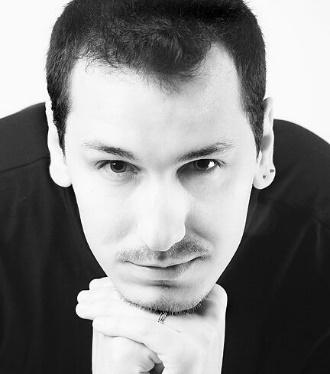
Ricardo Soeiro
CEC-FLUL
VIEW MORE
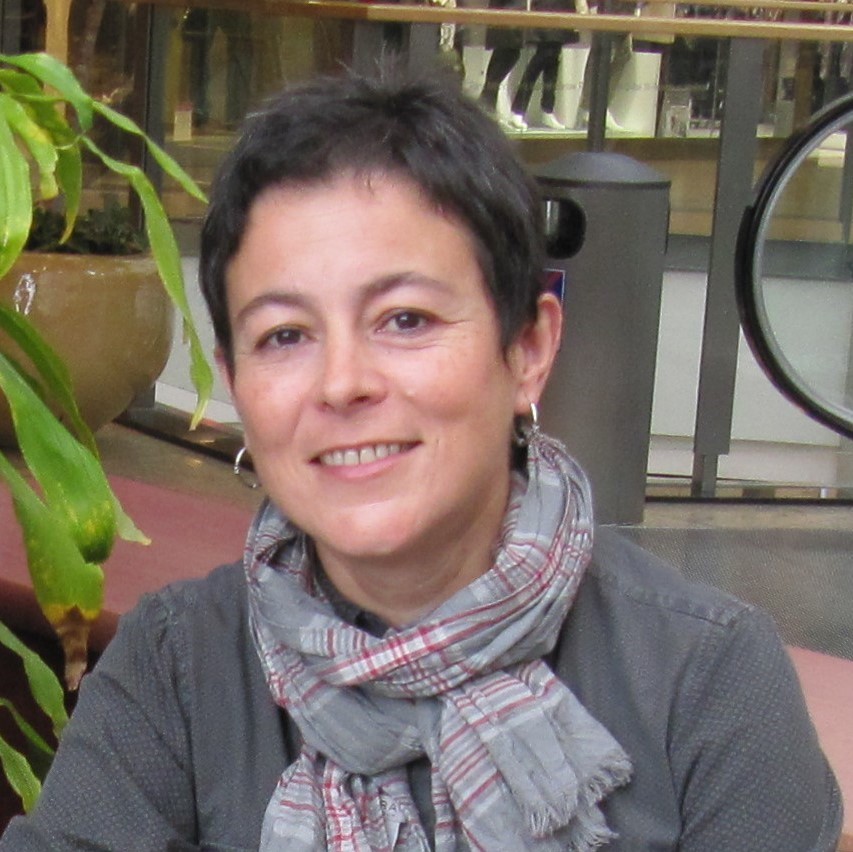
Teresa Fernandes Swiatkiewicz
Teacher, researcher and translator
VIEW MORE

Marinela Freitas
ILCML-FLUP
VIEW MORE
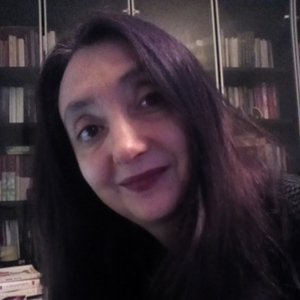
Lígia Bernardino
Researcher and Teacher
VIEW MORE
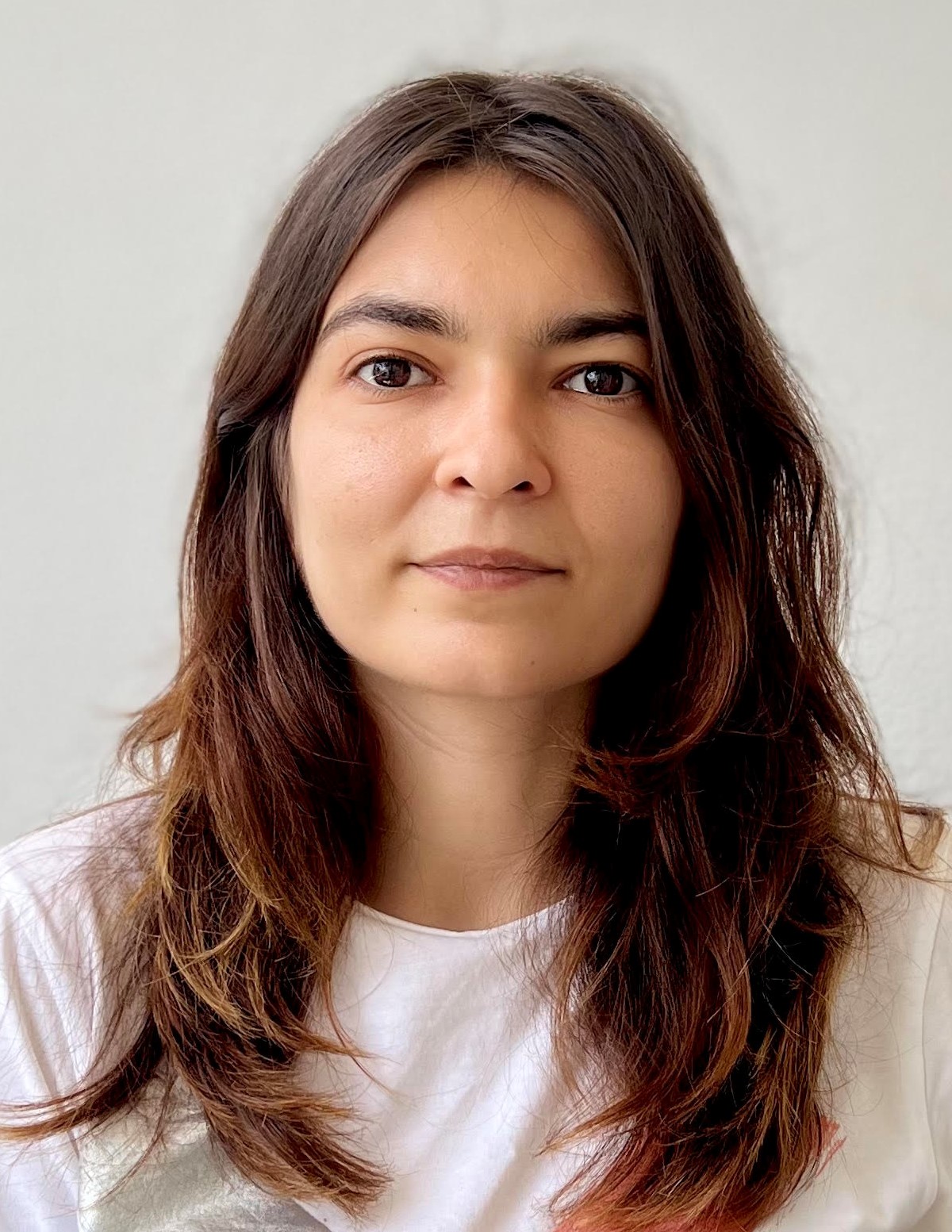
Raluca Balan
Junior Researcher
VIEW MORE

Igor Furão
Researcher
VIEW MORE
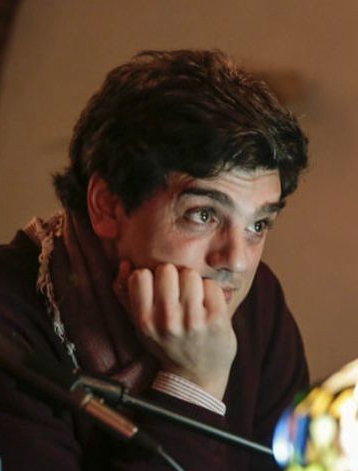
João Oliveira Duarte
Researcher
VIEW MORE
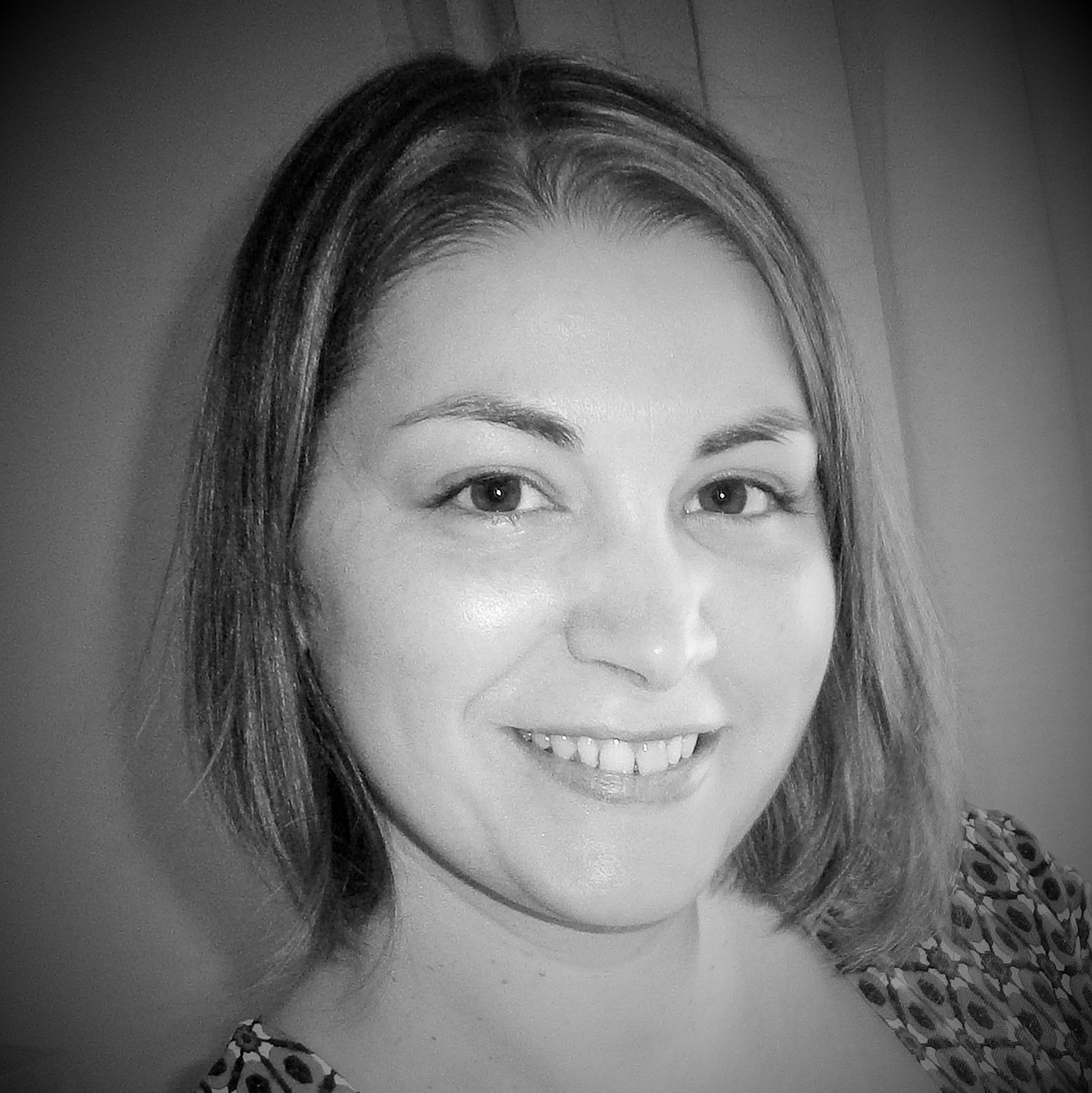
Catarina Apolinário de Almeida
Researcher
VIEW MORE
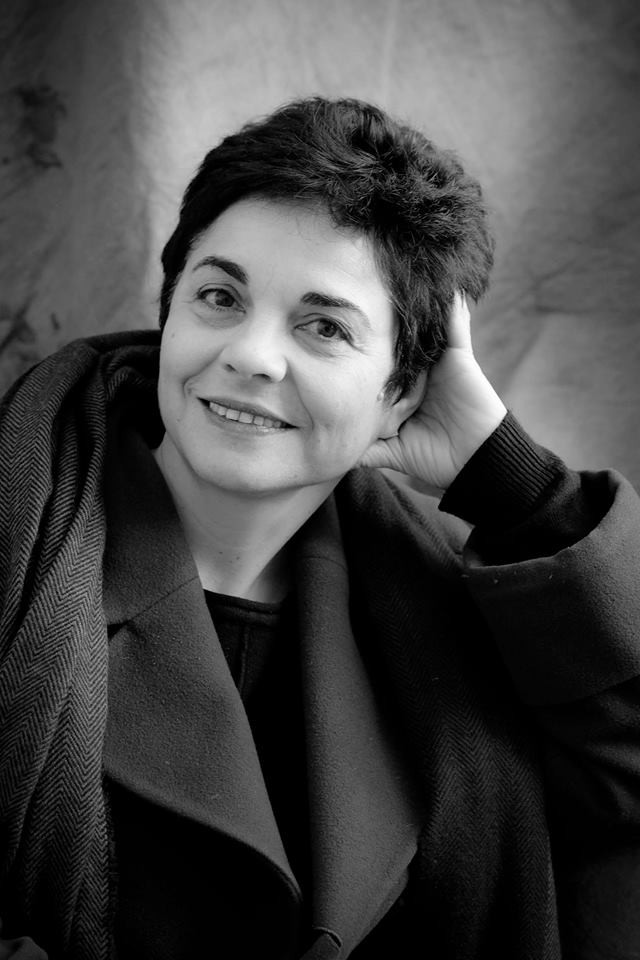
Maria João Cantinho
CF-FLUL
VIEW MORE
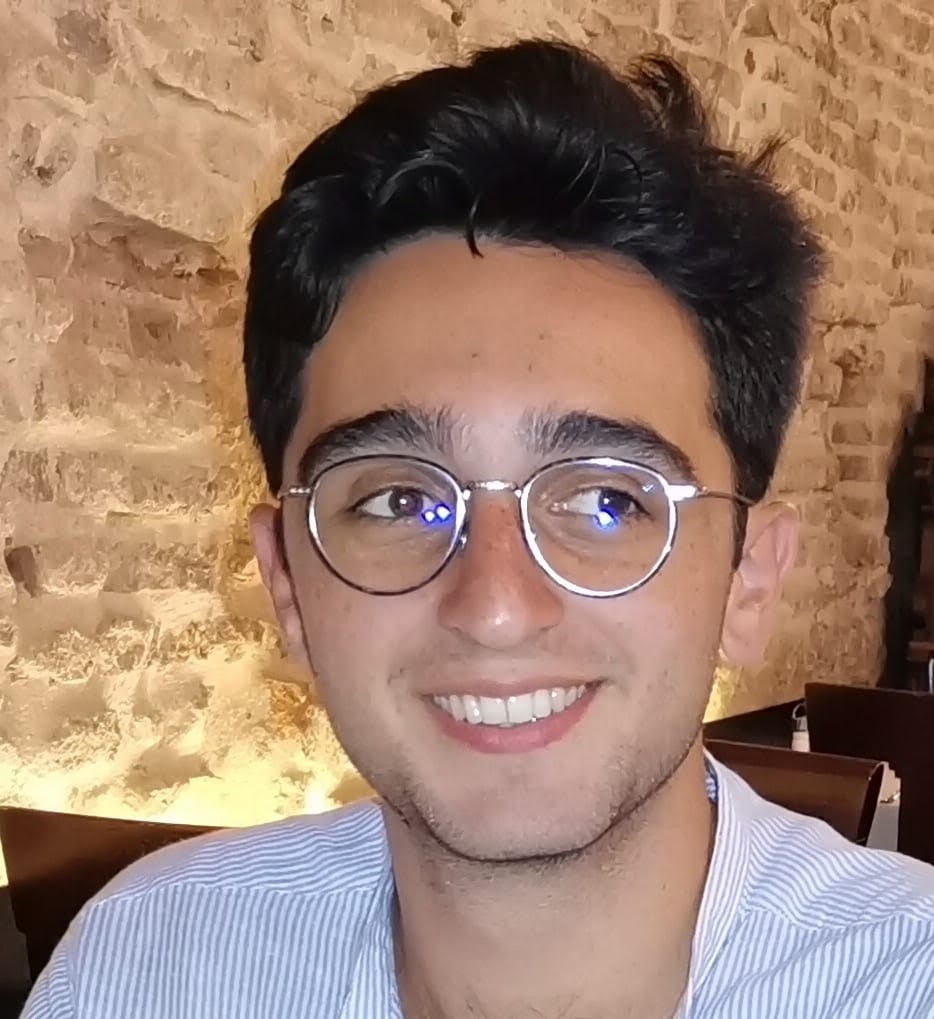
Guilherme Berjano Valente
Junior Researcher
VIEW MORE
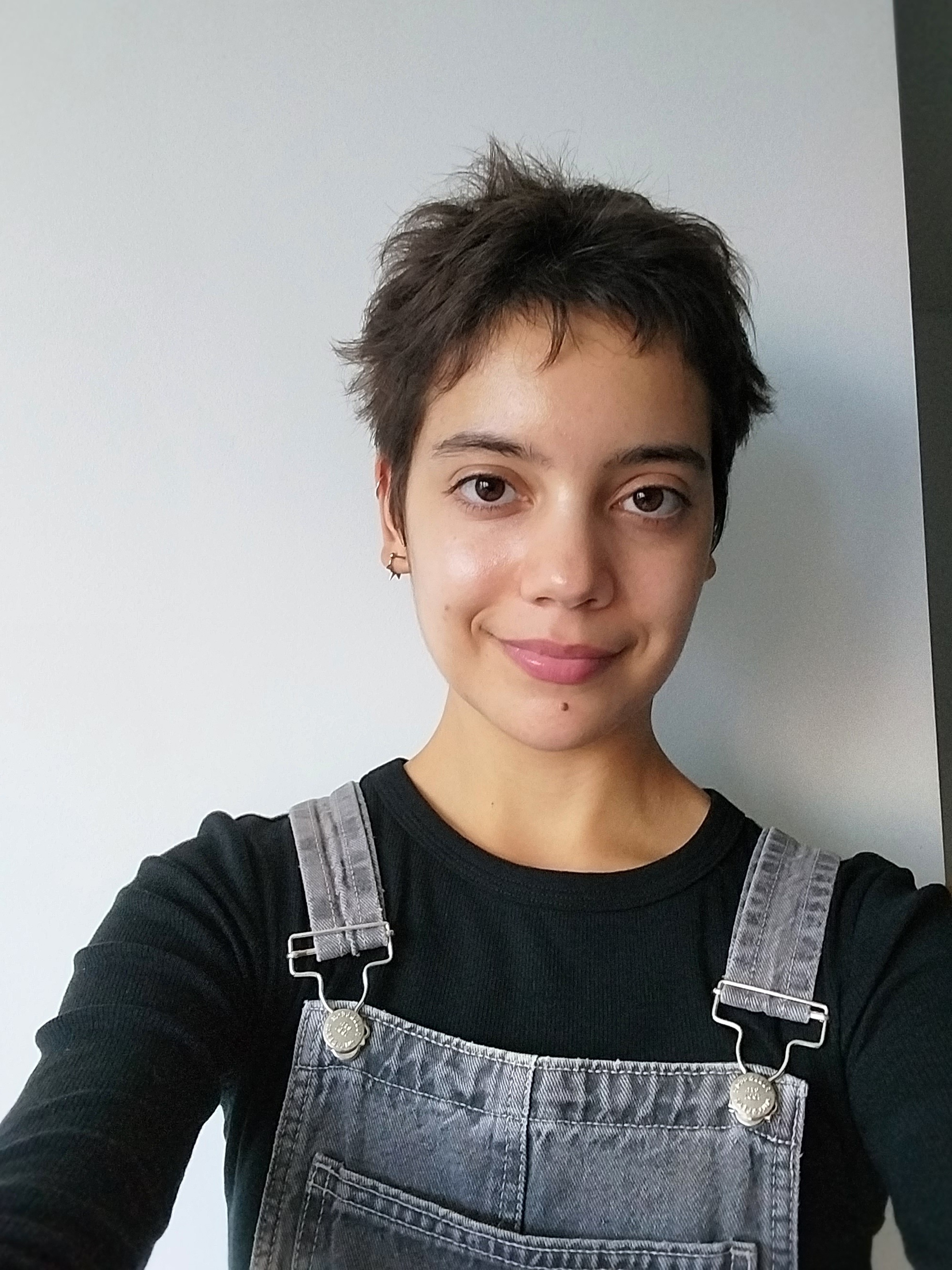
Ana Davies
Junior Researcher
VIEW MORE
Advisory board
-
Stefan Herbrechter
Stefan Herbrechter is Privatdozent (English and Cultural Theory) at the University of Heidelberg. He has published widely on English and comparative literature, cultural theory and media studies. He is the author of Posthumanism – A Critical Analysis (2013) and Before Humanity (2021), director of the Critical Posthumanism Network (http://criticalposthumanism.net/) and general editor of the Critical Posthumanisms series (https://brill.com/view/serial/CPH). For more information see his homepage (stefanherbrechter.com).
-
Cristina Álvares
Cristina Álvares, born in 1961, holder of a PhD in medieval narrative literature (the gaze in courtly roman, 1180-1250), she is associate professor of French Literature at the University of Minho, Braga, Portugal, where she teaches French Literature and Culture (medieval, early modern and contemporary). She has been developping her research at CEHUM since 1986. Presently she belongs to the 2i team where she coordinates the projetc Liminalities Man/Animal/Machine. She is the author of O amor da letra. O heterogéneo, o artificial e o feminino no Roman de la Rose de Jean Renart (1999) and La Peau de la pierre. Étude sur La Vie de Sainte Énimie de Bertrand de Marseille (2006); and of a large number of papers on medieval and contemporary French/Francophone literature (Pascal Quignard, Amélie Nothomb, Chahdortt Djavann, microfiction, literature and bande dessinée) and French Theory (Lacan, Girard, narrative theories, zoopoetics). She is a co-editor of the series Literature, Cinema, Comics published by Húmus/Hespérides collection (6 volumes). Associate visiting professor at Louisiana State University in 2004-2005, she has been the editor for the Psychés section of mondesfrancophones.com (LSU). She is a member of the Animots network.
-
Simona Micali
Simona Micali is Associate Professor of Comparative Literature at the University of Siena. She has published three books (L’innamoramento, 2001; Miti e riti del moderno, 2002; Ascesa e declino dell’Uomo di lusso. Il romanzo dell'intellettuale nella Nuova Italia e i suoi modelli europei, 2008) and several essays on modern and contemporary fiction. In 2016 she organized the international conference on «Fictionalising the Posthuman» (Siena) and edited a special issue of the academic journal Contemporanea on «Raccontare il postumano».
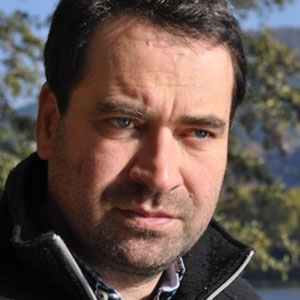
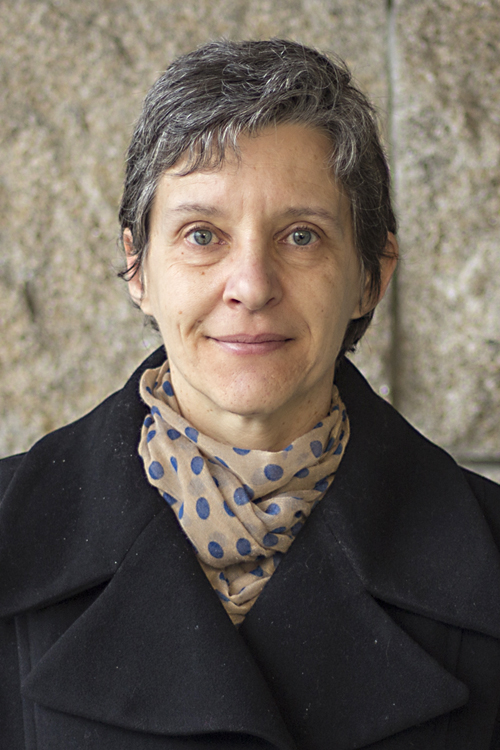

NEWSLETTER
Subscribe our newsletter and stay connected with us
CONTACTS
TLF.: (+351) 21 792 00 85
posthuman@fl.ul.pt
POSTHUMAN - CENTRO DE ESTUDOS COMPARATISTAS
Faculdade de Letras da Universidade de Lisboa
Alameda da Universidade
Portugal
WEBSITE GUIDE
INFORMATIONS

This work is financed by national funds through the FCT - Foundation for Science and Technology, I.P., within the scope of the project UIDB/00509/2020
Post Human® 2022 - All the rights reserved
Designed by Sites&Logos